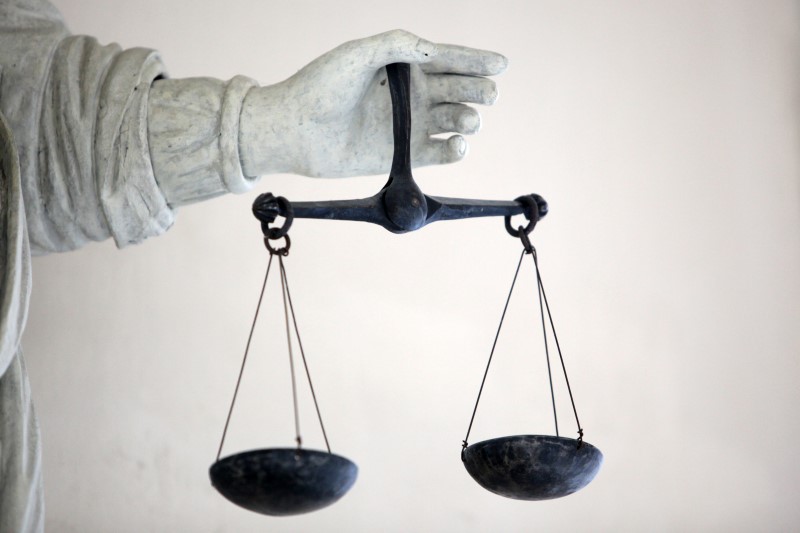By Steve Gorman
LOS ANGELES (Reuters) - Two members of California's highest court issued a scathing critique of capital punishment on Thursday, branding it an "expensive and dysfunctional system" that fails to deliver timely justice.
The unusual denunciation from two Supreme Court justices came in a concurring opinion to a ruling that unanimously affirmed the death sentence of a convicted killer. It was the court's first death penalty decision since Governor Gavin Newsom two weeks ago imposed a moratorium on capital punishment in the nation's most populous state.
The concurring opinion was written by Associate Justice Goodwin Liu and joined by Associate Justice Mariano-Florentino Cuellar, both appointees of Newsom's predecessor and fellow Democrat, Jerry Brown.
Liu and Cuellar said their critique had nothing to do with "morality or constitutionality of the death penalty," and expressed empathy for victims and their families.
In their commentary, the justices pointed to the case at hand in the appeal of Thomas Potts, condemned in 1998 for the hatchet-stabbing murders and robbery of an elderly couple in their Hanford, California, home, where Potts worked as a part-time handyman.
"Now, 21 years later, we affirm the judgment on direct appeal, but there is more litigation to come in the form of habeas corpus petitions in state and federal courts," Liu and Cuellar wrote.
Such a timeline is typical in capital cases, they said, adding that "serious challenges" in the fair, efficient administration of the death penalty "have not been meaningfully addressed" for decades.
"As a result, California's death penalty is an expensive and dysfunctional system that does not deliver justice or closure in a timely manner, if at all," the justices asserted.
Voters passed a 2016 ballot measure to speed up the process, but that initiative has failed to work, largely because it lacked additional funding needed to implement necessary reforms, the justices wrote.
The justices, however, vowed to continue to uphold death sentences "when the law requires."
Newsom had cited personal conscience as a major factor in ordering a halt to executions.
The governor, who has said he has concerns that dozens of the 737 inmates on the state's death row were innocent, issued a statement on Thursday praising the concurring opinion of two justices.
California, which has by far the largest number of inmates on death row, last put a person to death in 2006. Newsom signed his moratorium on executions of current death row inmates as the state moved toward resuming capital punishment after developing a new protocol for lethal injections.
